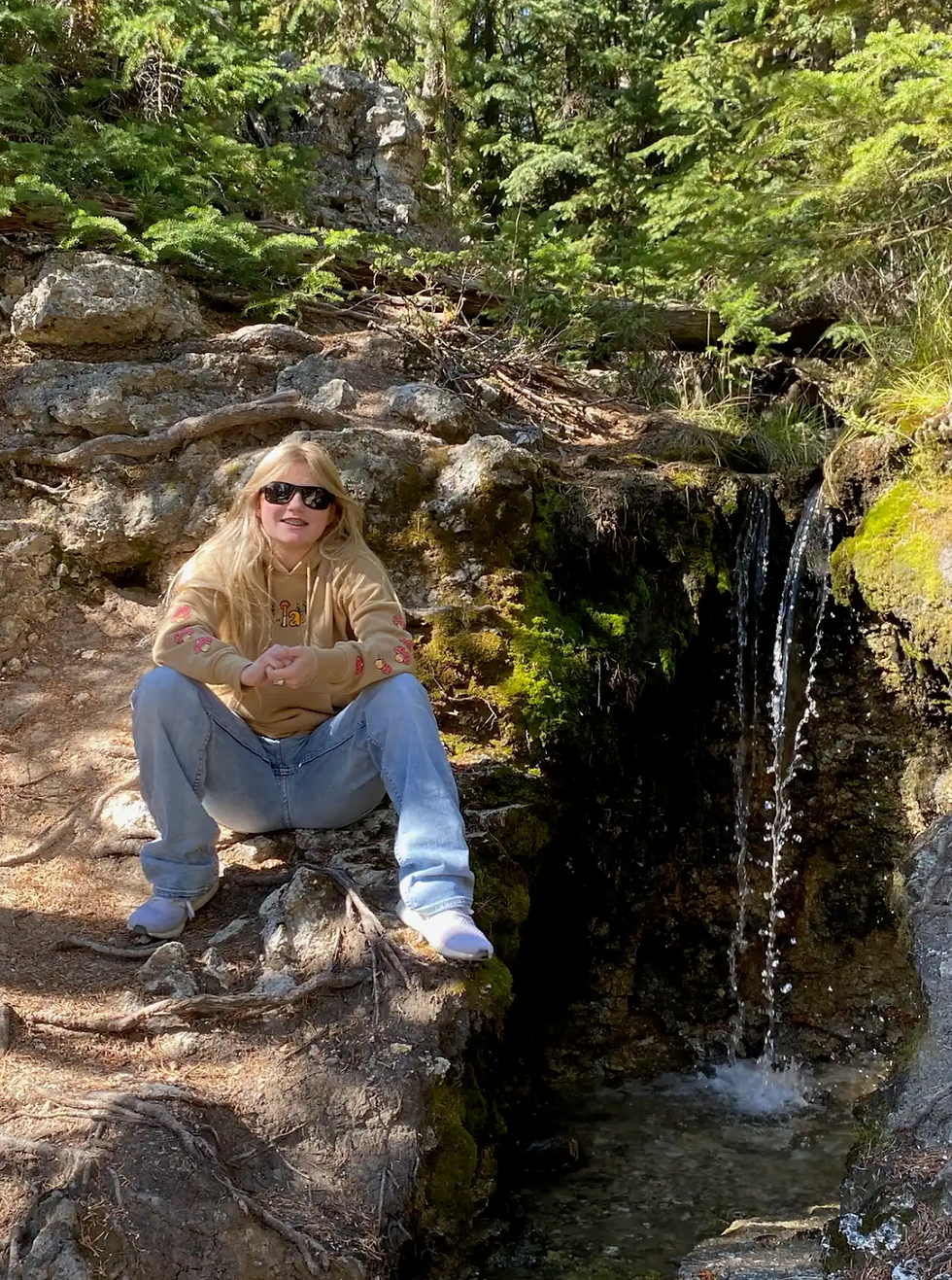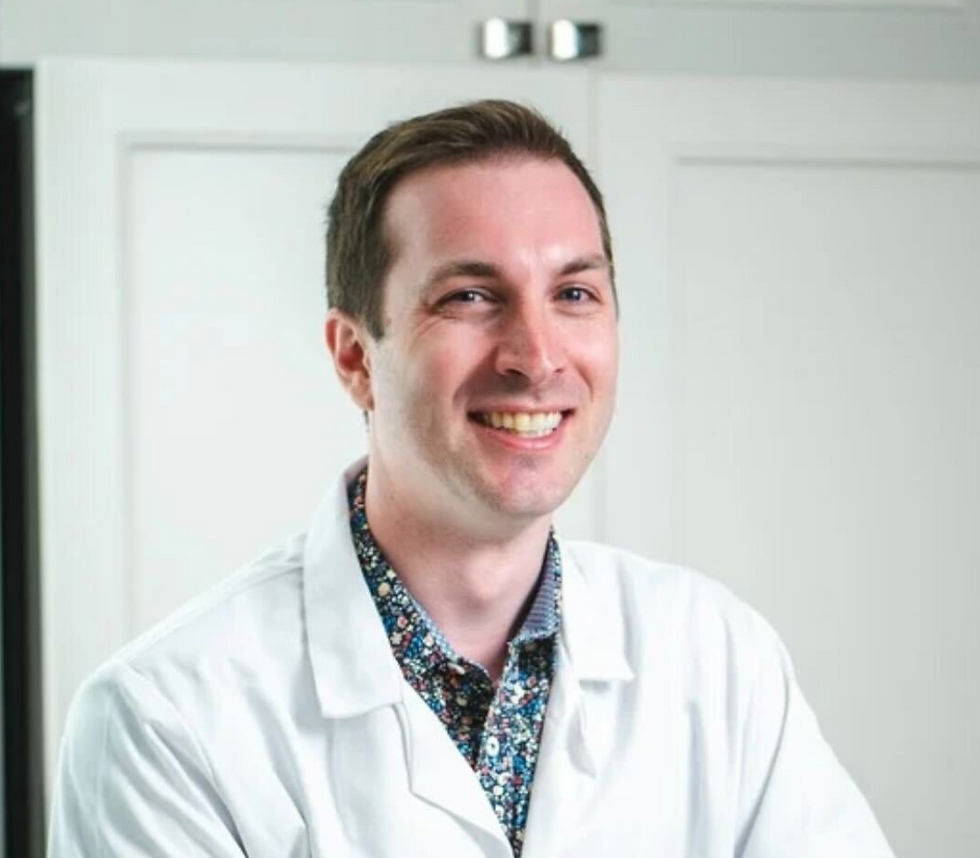Interview with Rachel Whittaker from BraEasy
- Jasper Delichte
- Jun 4, 2021
- 4 min read

Rachael Whittaker
Can you please tell me a bit about your company? What inspired you to start your brand?
Well, it's been a real journey for us. When our youngest daughter was just nine years old, she was diagnosed with a brain tumour, and when she had the surgery to remove that tumour, she had a deep brain stroke.
Of all the kids that have brain tumours, 1% of 1% have what Jamie had. It has a 23% survival rate. We all went through it, we all suffered with her. We were doing everything we could do so she could survive this cancer.
She had a large number of treatments, and it took over five years before she was actually deemed to be cancer-free.
When she was fifteen, that's when I realized that because of her stroke, she couldn't put on a bra with just one hand. It was almost impossible. And I thought there would be something out there [to help her], so I looked and looked to try and find something that would help her. There just weren't any options, so I went to my sewing machine and was able to invent a bra that she was able to put on with one hand. And my mother in law, who we look after, at the time she was 85, well it helped her as well. There were more people out there, other than my daughter, I could just make her bras and that would be fine, she'd be happy, but then I'm not changing anyone's life. So I looked and found that I could actually patent this product and make a business out of it.
It took a long time to get everything in place for us to actually start this business. Like going to China and sourcing a manufacturer. We got our stock in June of last year, then, of course, Covid hit, we wanted to go to the stroke wards, the ABI clinics, to really show them our product, but we couldn't. We thought even during COVID we could still do advertising and get our name out there, and we've been growing our followers on all the different social media platforms, and now we've had so many orders, and so many women send us emails saying this is life-changing and that they can finally dress themselves. The thing with strokes is that they're so different for everyone, some people have challenges with putting on a bra because it's so hard to difficult, you can't reach around, you don't always have the dexterity with both hands. And so I really made it for Jamie and women who struggle with two hands in order to do something up, like women with limb differences, it just keeps snowballing, the amount of women it's helping. So we thought we'd call it BraEasy, because it is! It's the easiest bra to put on.

How has covid affected your business?
Covid has given us time to look at our community and who we are taking to and what they need. We haven't been able to get to any of the stores, as a lot of the stores here are closed. So that's slowed our company. We figured we are learning, so it's kinda a good thing that we aren't going very fast, because we aren't making many mistakes.
We are doing a second design now. There's sort of two types of bras: there's a lace cup bra and a foam cup bra. We have the lace cup bra at the moment, and we are working on the foam cup bra right now. And we've had so many requests for that.
What feedback have you received from buyers, and how has this encouraged you to grow your business?
We get emails, when we read them we all get teary because they are so beautiful. With the thank yous and "I've been looking for this for 12 years," and "why didn't someone invent this before," and "it's so beautiful and easy to put on." It's so powerful seeing peoples messages. I had a couple of ladies saying that they haven't been able to put on a bra for years and years, so they didn't wear one at all, and now they can wear a bra. They feel like they got their dignity back when they go out. They feel like they are more independent with their dressing. It's been really beautiful.
What has been your biggest challenge so far?
I think it's that we have limited sizes, because we had to guess what to order in. It's very slow to produce and order, since it's such a unique product, so it takes like six months for them to get it right. So just communication. Finding manufacturers has been really hard, because they say it's too difficult and they don't want to do it. When I originally started, someone said to me that if you have an inventive idea, you should really get a patent. So I went to a patent lawyer and said this is my product, I want to get a patent. And they said well we don't think that it's got much of a chance, so our advise to you is don't bother. And so I went away and thought that doesn't sound right. Then I found out that that patent lawyer saw it as being competition to their current client. So I talked to another patent lawyer and they said no, this is perfect. So my tip is don't always take what people say. Go check your information and try someone else, because we wouldn't have been able to patent it, we wouldn't have put a whole lot of money into it, I would've just made a bra for jamie, and then all these women would have still been in this really bad position. So I'm really happy that I didn't take no for an answer.
I've been trying to get fashion designers to consider their closures on their garments when they are designing clothes because they aren't very inclusive. They are missing out on much of the marketplace, as many people have struggles like that. So I love pushing the idea of having better closures that would be easier to use. Like my daughter would love to have fashionable clothes, but if the closures aren't easy to put on, then she has to get someone to help her and she doesn't want to do that. So just keep trying to educate fashion designers to think about the closures.



